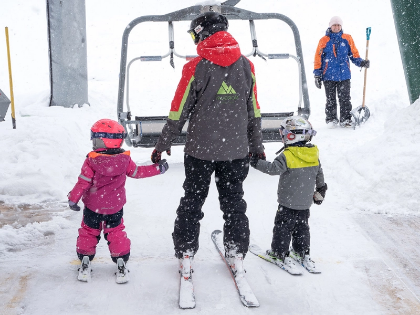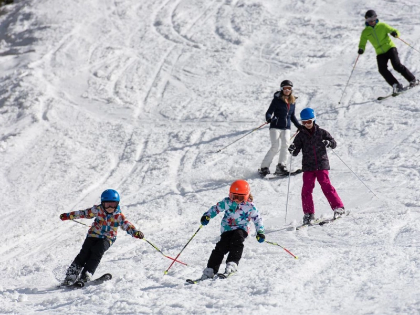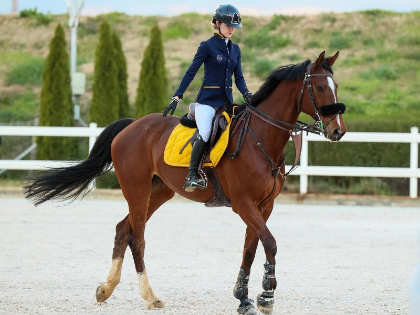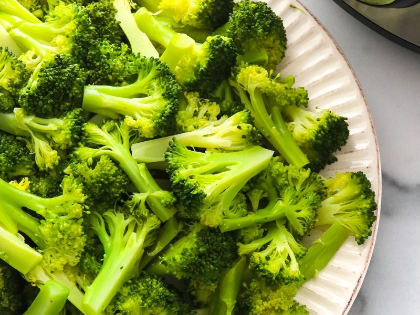Overcoming Nervous Novices' Riding Anxiety: Strategies
Whether you are an experienced rider or a novice, you could get nervous around horses. Regaining confidence in the saddle and overcoming riding phobia can be quite challenging. It could assist to have the support of a qualified professional if you're anxious. You can create a recovery plan, learn to objectively identify your own negative thoughts and feelings, and identify trigger events with the assistance of a therapist.
1. Breathing Techniques
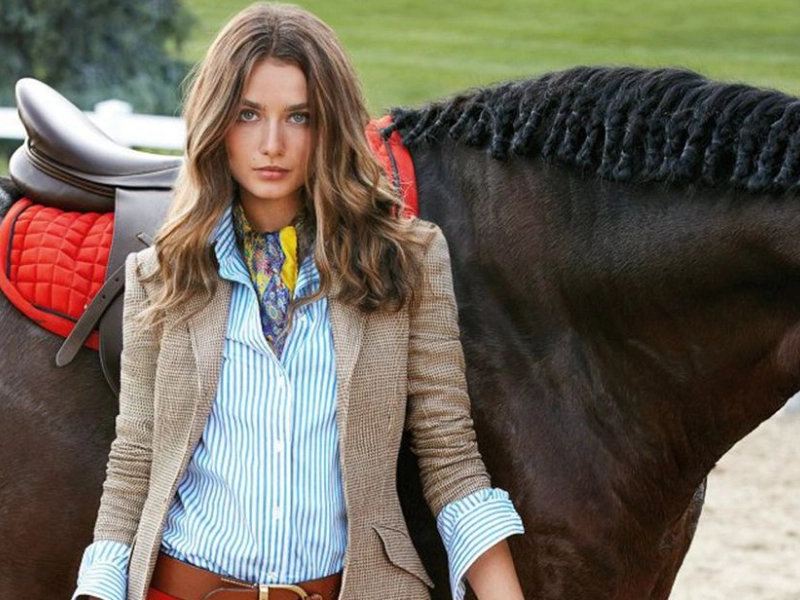
2. Illustration
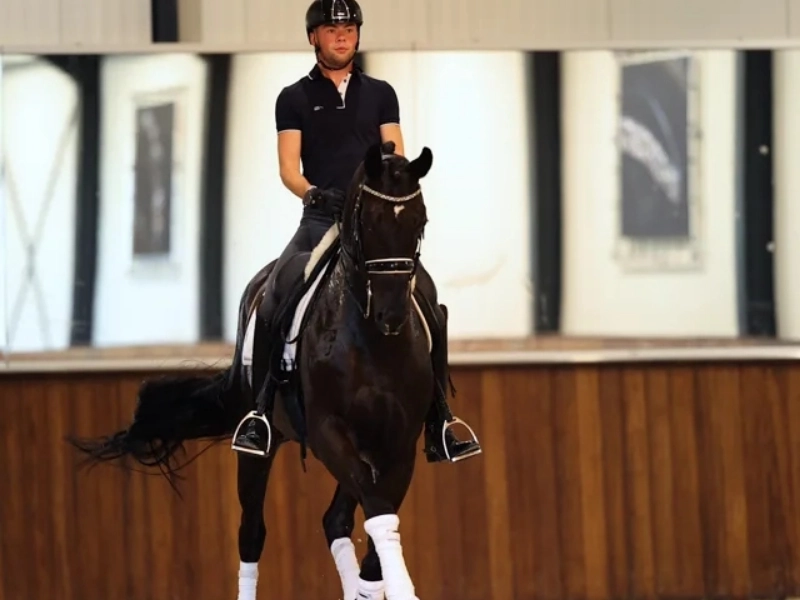 Without actually riding, you can train your body and mind by using the visualisation technique. It's an excellent method to keep up your abilities even if you're hurt or your horse isn't working.
Athletes use it to warm up for a race or competition, but riders who wish to enter the zone can also benefit from it. It involves forming mental pictures that evoke your feelings and senses so that your brain's reticular activating system "sees" them as significant and genuine.
A safe place image (visualise a location that gives you a sense of security and safety), anxiety release visualisation (see your anxious thoughts floating away like a balloon), and progressive muscle relaxation imagery (see each muscle group in your body relaxing) are a few examples of visualisation techniques. An image performs better the more detailed it is!
Without actually riding, you can train your body and mind by using the visualisation technique. It's an excellent method to keep up your abilities even if you're hurt or your horse isn't working.
Athletes use it to warm up for a race or competition, but riders who wish to enter the zone can also benefit from it. It involves forming mental pictures that evoke your feelings and senses so that your brain's reticular activating system "sees" them as significant and genuine.
A safe place image (visualise a location that gives you a sense of security and safety), anxiety release visualisation (see your anxious thoughts floating away like a balloon), and progressive muscle relaxation imagery (see each muscle group in your body relaxing) are a few examples of visualisation techniques. An image performs better the more detailed it is!
3. Awareness of Oneself
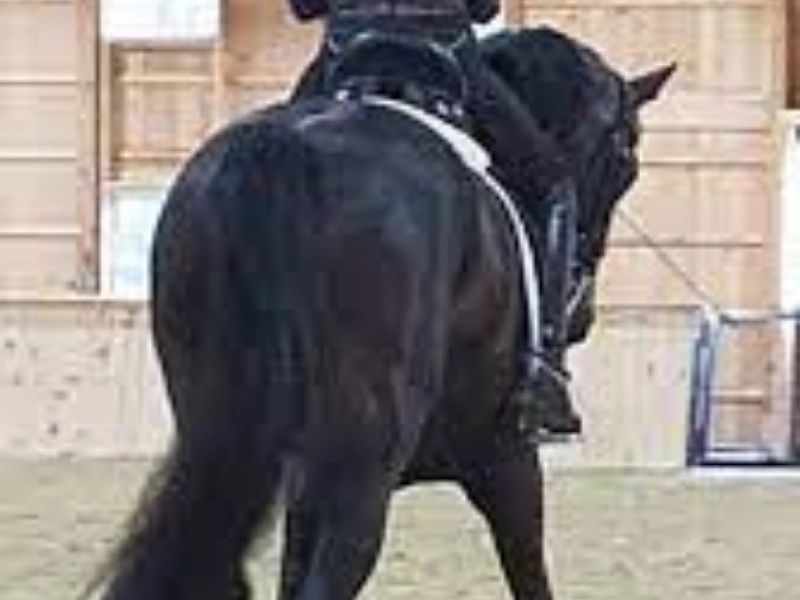 Too much future-focused thought is frequently the cause of riding anxiety. This triggers your amygdala to take charge and create illogical anxieties. When anything goes wrong, your mind begins to vividly predict the worst-case scenario, making your dread of an accident seem extremely real.
This is strikingly similar to how PTSD develops in response to a traumatic event. You can begin to quit feeding your fears with avoidance and safety behaviours if you begin to recognise your concerns and the things that cause them. The most successful treatment for anxiety is exposure therapy, which is what it is known as.
Try keeping a journal to help you become more self-aware. You can conquer your riding fears by getting to know who you are and what drives you. Searching for a community of like-minded riders who have similar issues might also be helpful.
Too much future-focused thought is frequently the cause of riding anxiety. This triggers your amygdala to take charge and create illogical anxieties. When anything goes wrong, your mind begins to vividly predict the worst-case scenario, making your dread of an accident seem extremely real.
This is strikingly similar to how PTSD develops in response to a traumatic event. You can begin to quit feeding your fears with avoidance and safety behaviours if you begin to recognise your concerns and the things that cause them. The most successful treatment for anxiety is exposure therapy, which is what it is known as.
Try keeping a journal to help you become more self-aware. You can conquer your riding fears by getting to know who you are and what drives you. Searching for a community of like-minded riders who have similar issues might also be helpful.
4. Methods of Relaxation
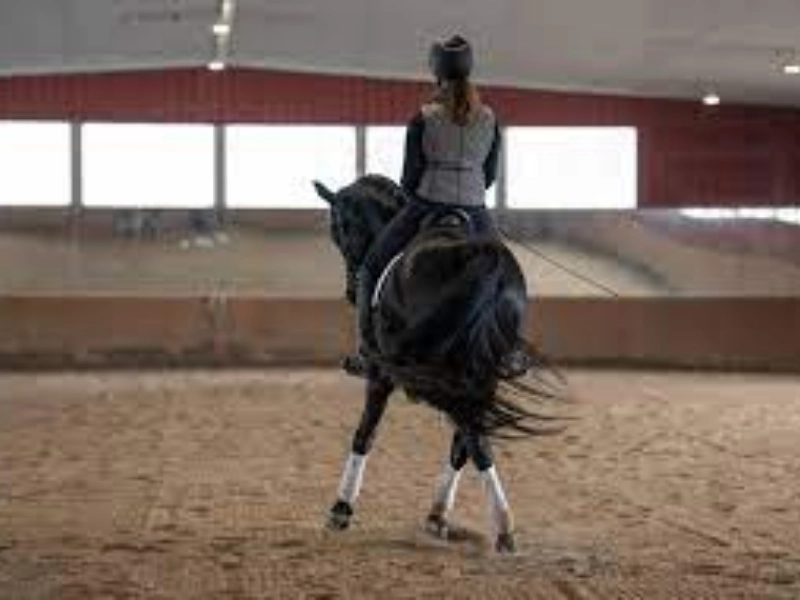 While you are tacking up and grooming your horse, you start to feel nervous even though you are eager to ride. Your pulse rate may increase, and you may get a closing sensation in your throat if your horse makes even a small mistake or blunder.
Thankfully, there are lots of relaxing methods that you can use whenever and wherever you choose. These include progressive muscle relaxation (which entails tensing and relaxing specific muscle groups), breathing techniques, visualisation, and meditation.
It is simpler to develop the connections between your mind and body when you practice these strategies when you are not nervous. For a more thorough approach to getting over riding anxiety, these methods can also be combined with anxiety-reduction therapy. These techniques have the potential to become your go-to resources for confident riding.
While you are tacking up and grooming your horse, you start to feel nervous even though you are eager to ride. Your pulse rate may increase, and you may get a closing sensation in your throat if your horse makes even a small mistake or blunder.
Thankfully, there are lots of relaxing methods that you can use whenever and wherever you choose. These include progressive muscle relaxation (which entails tensing and relaxing specific muscle groups), breathing techniques, visualisation, and meditation.
It is simpler to develop the connections between your mind and body when you practice these strategies when you are not nervous. For a more thorough approach to getting over riding anxiety, these methods can also be combined with anxiety-reduction therapy. These techniques have the potential to become your go-to resources for confident riding.
5. Work Out
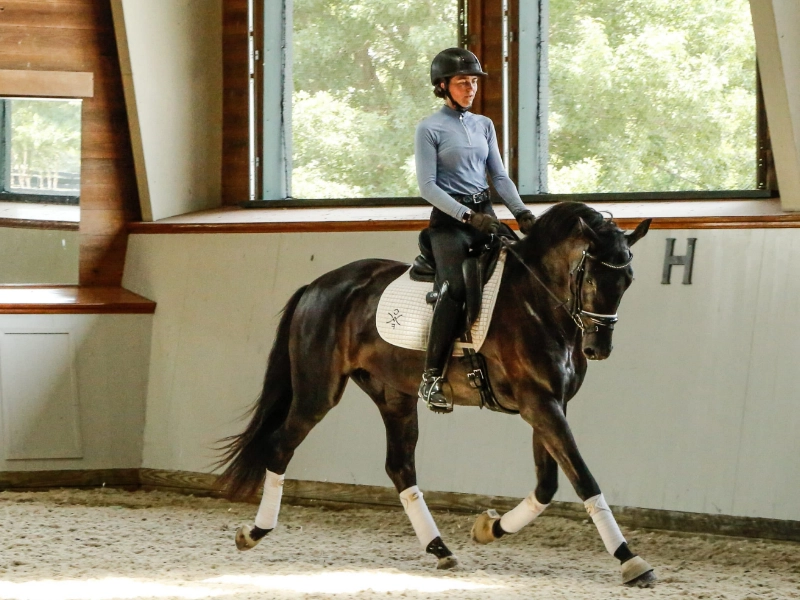 Your muscles may become tense and tight due to anxiety. Yoga and meditation are good ways to practice letting go of this stress. You'll gain a connection to your body, mind, and breath that will help you ride better by doing this.
Imagine yourself mounting the horse calmly and successfully, for instance, if you have a fear of falling off and you start to panic at the mounting block. This type of exposure therapy can assist in ending the pattern of avoiding the scary circumstance and acting in ways that keep you safe yet feed your fear reaction.
It's also critical to keep in mind that your nervousness can have nothing to do with horses and be the result of unrelated events occurring in your life. Recognise that this is natural and treat yourself with kindness.
Your muscles may become tense and tight due to anxiety. Yoga and meditation are good ways to practice letting go of this stress. You'll gain a connection to your body, mind, and breath that will help you ride better by doing this.
Imagine yourself mounting the horse calmly and successfully, for instance, if you have a fear of falling off and you start to panic at the mounting block. This type of exposure therapy can assist in ending the pattern of avoiding the scary circumstance and acting in ways that keep you safe yet feed your fear reaction.
It's also critical to keep in mind that your nervousness can have nothing to do with horses and be the result of unrelated events occurring in your life. Recognise that this is natural and treat yourself with kindness.

